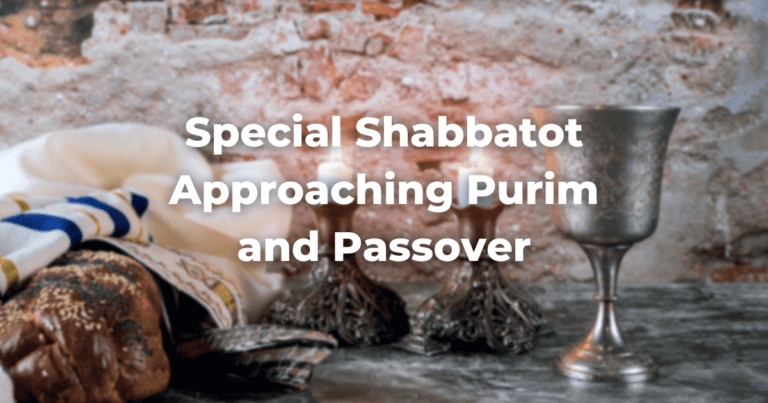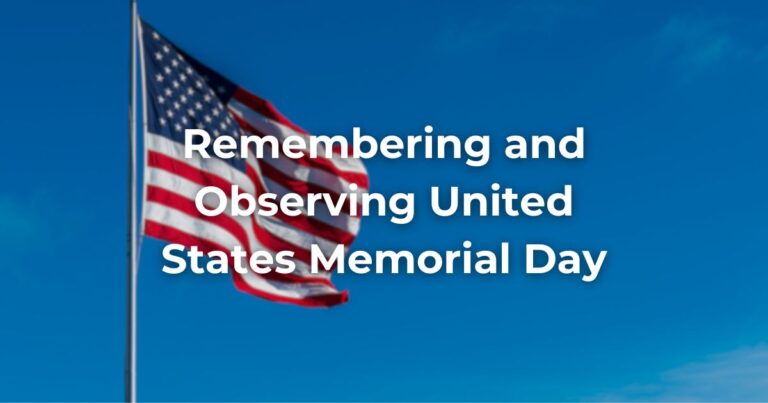One of the beautiful customs associated with Rosh Hashanah is Tashlikh (also written as tashlich), a brief service that takes place by a body of water.
Tashlikh is held on the afternoon of the first day of Rosh Hashanah unless the first day is Shabbat, in which case it is then deferred to the second day.
The ritual for this custom is very simple and involves the casting of bread crumbs onto the water and the recitation of some biblical verses, of which the main ones are from the Book of Micah: “You will hurl all their sins into the depths of the sea, thus keeping faith with Jacob and showing loyalty to Abraham just as You promised to our ancestors in days gone by” (Micah 7:19b–20).
Tashlikh is not an ancient custom and, indeed, it does not appear in Jewish sources until Rabbi Jacob Moelin, who died in 1427, mentions it in his Sefer Maharil. It has, however, become a compelling contemporary tradition expressive of the desire to cast off sin and to be purified and spiritually renewed.
Even the preference for flowing water inhabited by fish may be interpreted symbolically as an expression of the precariousness and fragility of human life.
If for some reason Tashlikh is not performed at this time, it can actually be done any time during the High Holiday season, even up until Hoshana Rabbah.
Adapted with permission from The Observant Life.
Authors
-

The Observant Life: The Wisdom of Conservative Judaism for Contemporary Jews distills a century of thoughtful inquiry into the most profound of all Jewish questions: how to suffuse life with timeless values, how to remain loyal to the covenant that binds the Jewish people and the God of Israel, and how to embrace the law while retaining an abiding sense of fidelity to one’s own moral path in life. Written in a multiplicity of voices inspired by a common vision, the authors of The Observant Life explain what it means in the ultimate sense to live a Jewish life, and to live it honestly, morally, and purposefully. The work is a comprehensive guide to life in the 21st Century. Chapters on Jewish rituals including prayer, holiday, life cycle events and Jewish ethics such as citizenship, slander, taxes, wills, the courts, the work place and so much more.
View all posts -







